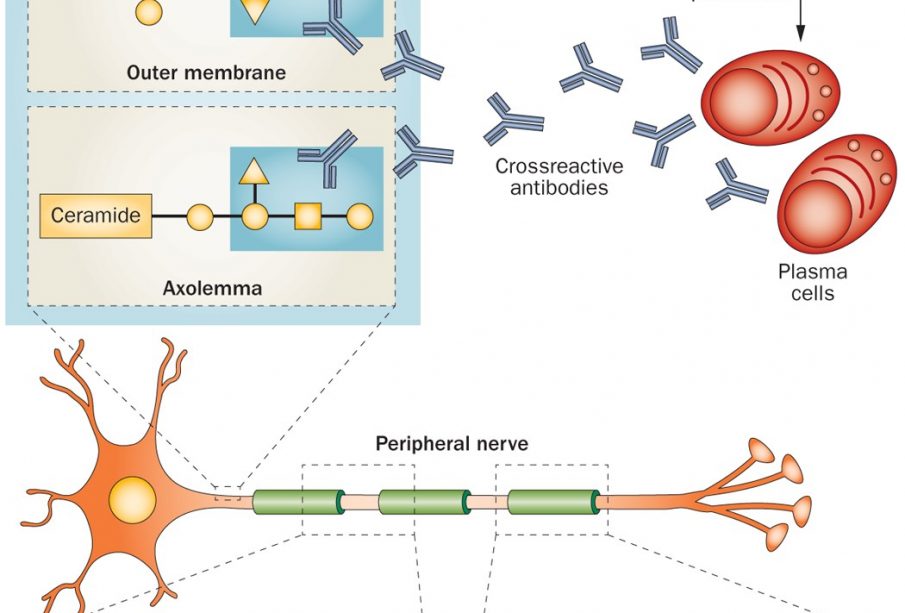Understanding GBS Virus: Implications and Prevention

Introduction to GBS Virus
The Guillain-Barré Syndrome (GBS) virus has garnered significant attention in recent months due to its increasing prevalence and association with various infectious diseases. GBS is a rare neurological disorder where the body’s immune system mistakenly attacks the peripheral nerves, leading to potential muscle weakness and paralysis. Understanding this virus is crucial as it not only affects individuals’ health but also poses significant public health challenges.
Current Events Surrounding GBS Virus
Recent studies have indicated a rise in GBS cases linked to viral infections, particularly following the COVID-19 pandemic. Reports from health organizations, including the World Health Organization (WHO), suggest that there may be a correlation between the incidence of GBS and viral outbreaks, such as Zika and Coronavirus. For instance, a study published in the ‘Journal of Neurology’ in September 2023 illustrates a notable increase in GBS cases following COVID-19 infections, leading to significant implications for recovery and healthcare strategies.
Symptoms and Diagnosis
Symptoms of GBS typically begin with weakness or tingling sensations in the legs, which can rapidly progress to muscle weakness and breathing difficulties. Diagnosis often involves clinical evaluation, nerve conduction studies, and occasionally a lumbar puncture to analyze cerebrospinal fluid. Early diagnosis is crucial for timely intervention and treatment.
Treatment and Prevention
While there is no specific cure for GBS, treatments such as intravenous immunoglobulin (IVIG) and plasmapheresis can help reduce the severity and duration of symptoms. The importance of vaccination and hygiene practices in preventing the initial viral infections that can lead to GBS cannot be overstated. Health professionals recommend maintaining vaccinations—especially against influenza and COVID-19—as a preventive measure.
Conclusion and Future Considerations
The implications of the GBS virus are profound and underscore the need for continued research and public health campaigns to raise awareness. With the potential for increased cases tied to viral infections, ongoing monitoring and proactive healthcare strategies will be essential. Health agencies must prioritize education and preventive measures to mitigate the impact of GBS on public health. As the global health landscape evolves, understanding the nuances of the GBS virus will be critical for effective management and support for affected individuals.









